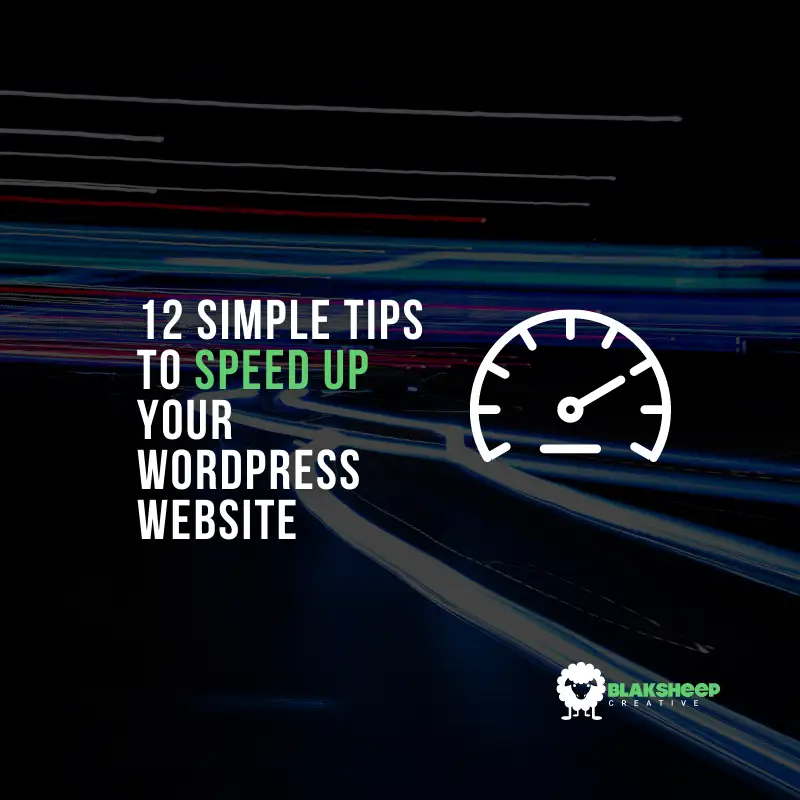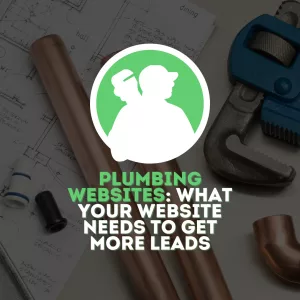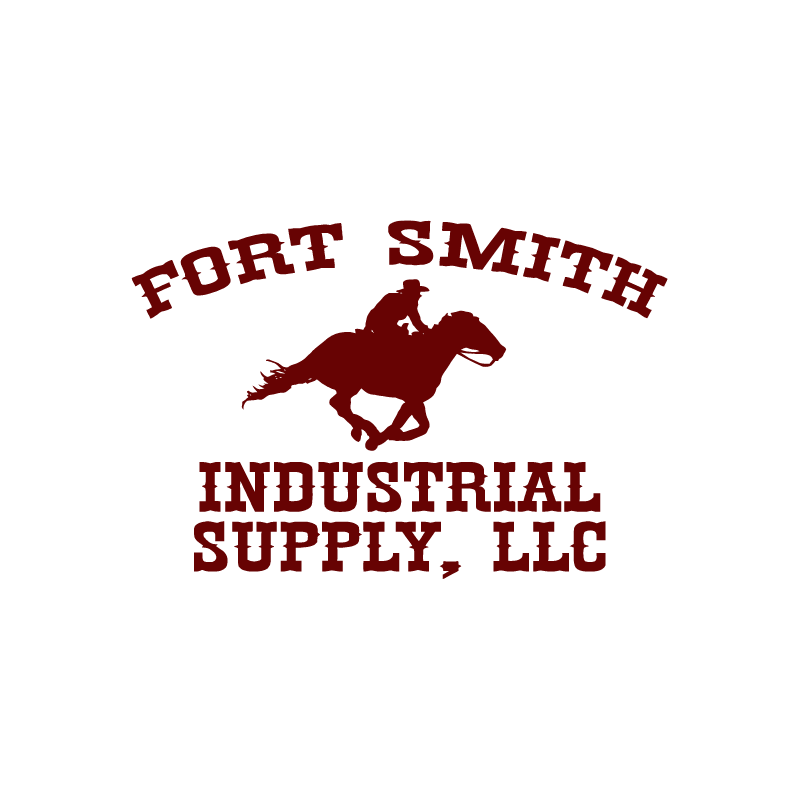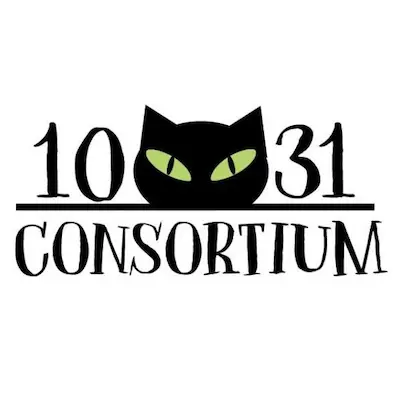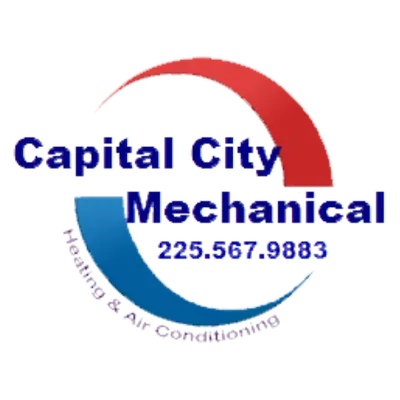We all know how frustrating it is when we wait for a webpage to load and the seconds tick by. In fact, according to Unbounce, “nearly 70% of consumers admit that page speed impacts their willingness to buy from an online retailer.” No one wants to wait for a slow website, which is why it’s essential to make sure your WordPress site is running as quickly as possible.
There are several ways to speed up your WordPress website. By following these twelve simple tips, you can ensure that your site runs quickly and efficiently, keeping your customers (and search engines) happy in the process.
1. Install a caching plugin
One of the easiest ways to speed up your WordPress website is to install a caching plugin. A caching plugin stores static files on the server, so it doesn’t have to download them every time someone visits your website. This can help speed up your website significantly.
And not only do your visitors like a fast-loading website, but it’s also actually a significant ranking factor with Google and other search engines.
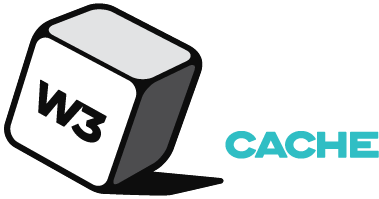
W3 Total Cache
Several caching plugins are available, but my favorite is W3 Total Cache.
This plugin is easy to use and can speed up your website significantly.
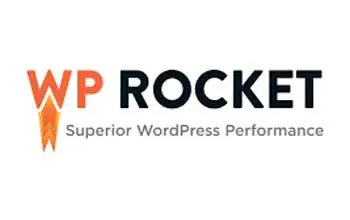
WP Rocket
If you’re looking for a more premium caching plugin, WP Rocket is a great option. This plugin is a little more expensive than W3 Total Cache, but it can help speed up your website even further.
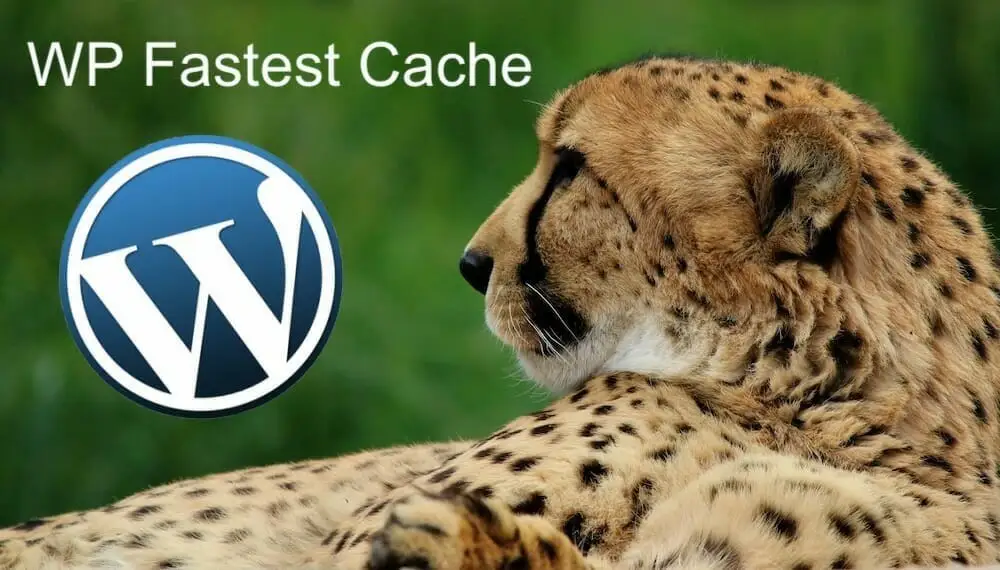
WP Fastest Cache
Another great caching plugin is WP Fastest Cache. This plugin is similar to W3 Total Cache, but it’s simpler to use.

Toolkit for Elementor
If you build pages with the Elementor Page Builder, We highly recommend using the Toolkit plugin. This plugin includes a built-in caching feature that can help speed up your website significantly.
Just like any other free plugin on WordPress today, all of these offer a premium upgrade that unlocks additional functionality, so find the one that’s best for your needs and budget.
2. Deactivate all plugins except for the ones that are necessary for your site to work
One of the biggest things that can slow your website load time is plugins. While plugins can add a lot of functionality to your site, they can also slow it down significantly.
That’s why it’s important to deactivate all plugins except for the essential ones for your site to work.
How to deactivate plugins
Deactivating plugins is easy. First, log in to your WordPress dashboard. Then, navigate to the Plugins tab and click Deactivate for each plugin you want to deactivate.
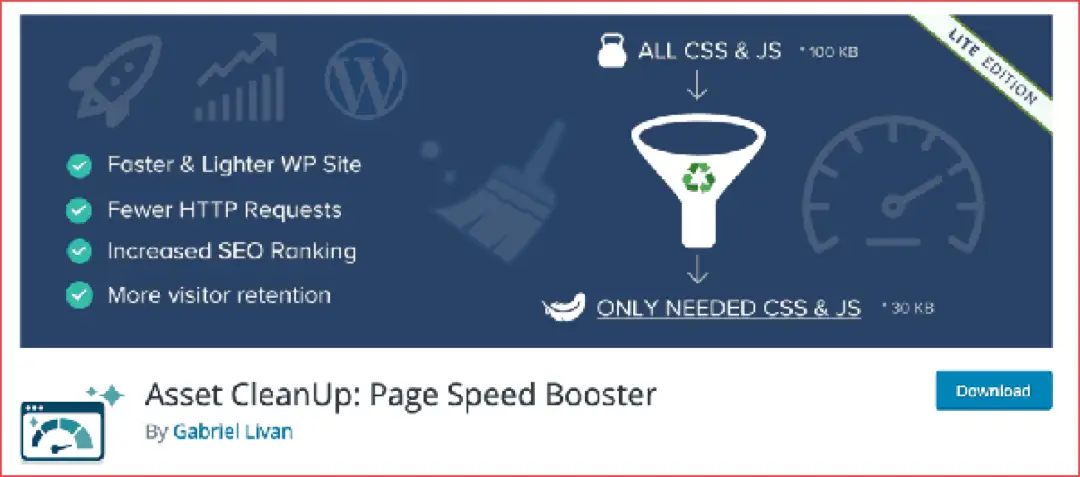
Asset Cleanup Booster
If you don’t want to deactivate your plugins but don’t need them to fire on every page on your site, you can use the Asset Cleanup Booster plugin.
This plugin can help you find which plugins are necessary for each page on your website, and you can choose to deactivate them on the other pages.
Don’t forget about themes!
It’s not just plugins that can slow your website down, but themes as well. If you’re using a theme that is full of features that you don’t need or use, it can slow your site down significantly.
We’ve been using the Astra theme a lot lately, and it’s a great option for a fast-loading WordPress theme.
Make sure you’re using the latest versions.
Outdated plugins and themes not only pose a security risk, but can also slow your website down. That’s why it’s important to make sure you’re using the latest versions of all your plugins and themes.
3. Optimize images and videos with an image optimization tool
Images and videos are often the biggest culprits of a slow website. That’s why it’s essential to optimize your images and videos before you upload them to your website.
By doing this, you can help ensure that your website is running as quickly as possible. Plus, you help make your website’s user experience better, which can lead to more conversions and sales.
Optimization Tools
Several excellent image optimization tools are available, but our favorites are ImageOptim and Kraken.io. These tools make optimizing your images and videos easy with just a few clicks.

Consider Using the webp Format.
Another great way to optimize images is to consider using the webp format. This new image format is smaller than traditional formats like JPEG and PNG, which can help speed up your website.
Plus, it’s a format created by Google, so it’s future-proof.
Google has created the WebP image format as a replacement for JPEG, PNG, and GIF file formats. For comparable quality, WebP produces files that are smaller or of higher quality. It supports both lossy and lossless compression and animation, and alpha transparency.
Because it’s created by Google, it stands to reason that using this format can boost your SEO efforts.
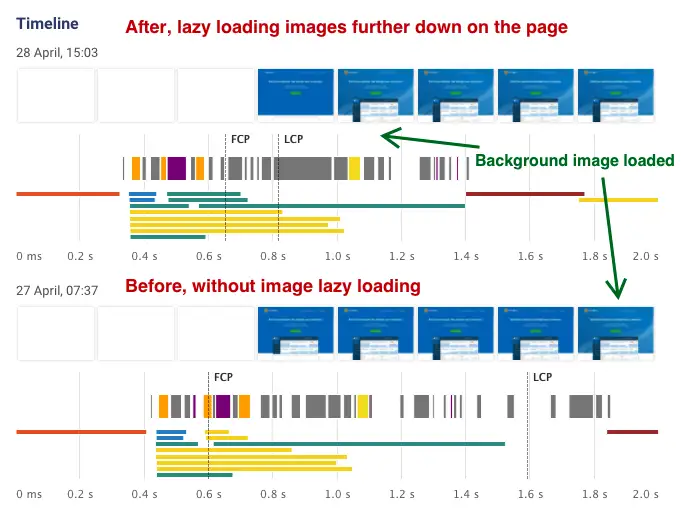
Enable Lazy-Loading
Another great way to optimize images is to enable lazy-loading. With lazy-loading, images are only loaded when they’re visible on the screen. This can help speed up your website significantly as it reduces the number of HTTP requests that need to be made.
Lazy loading is a concept used in computer programming where an application loads data only when it is needed, instead of loading the entire dataset upfront.
Most of the plugins we discuss in this article offer some sort of lazy-loading feature. Just make sure it’s turned on!
4. Use Google’s PageSpeed Insights Tool
If you want to find out how fast your website is, Google’s PageSpeed Insights tool is a great option. This tool will analyze your website and give you a score from 0-to 100. The higher the score, the faster your website is.
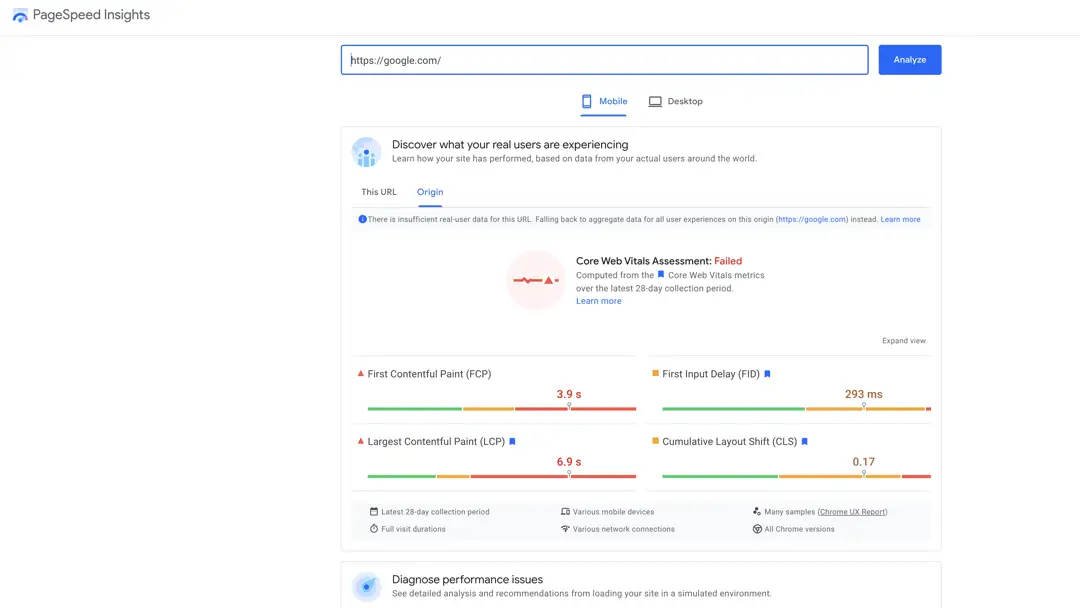
PageSpeed Insights Alternatives
It’s always best not to rely on just one-page speed tool. There are several other great options available, including Pingdom and GTmetrix. Try each one out and see which one works best for you. Plus, look at the image above – I highly doubt Google would fail their page speed insights.
You can also compare results from different tools to get a more complete picture. Here are the results using GTmetrix:
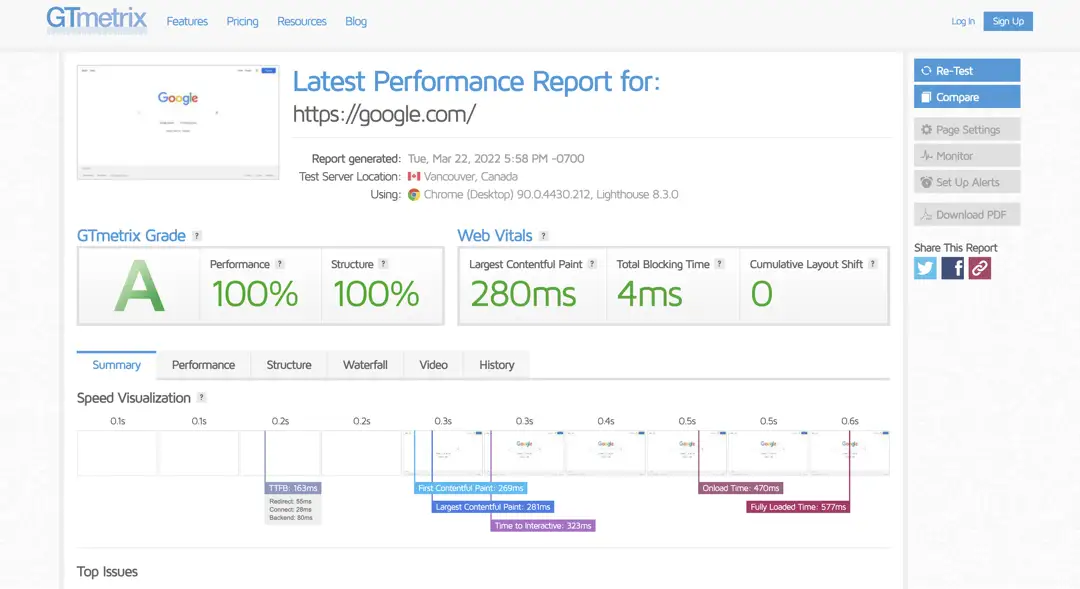
Much better!
5. Minimize HTTP requests
HTTP requests are the requests that your browser makes to your server to load a web page. The more external HTTP requests you have, the slower your website will be.
How to Minimize HTTP Requests
There are many ways to minimize HTTP requests. It would take an entire blog post to go into detail, so we’ll just give you a few tips.
- Get rid of unnecessary WordPress plugins – as we mentioned earlier, plugins can be the primary culprit of a slow website. If you’re not using a plugin, get rid of it.
- Reduce the number of external scripts – External scripts are scripts that are loaded from other websites. You’ll speed up your website if you can reduce the number of scripts that your website loads.
- Replace burly plugins with more lightweight ones – Burly plugins are plugins that execute a lot of code. If you can replace a burly plugin with a more lightweight plugin, you’ll speed up your website.
- Combine CSS and JavaScript files – Combining your CSS and JavaScript files can help reduce the number of HTTP requests your website makes.
- Conditionally load scripts that aren’t needed sitewide – Sound familiar? This is the same as the Asset Booster plugin that we mentioned earlier.
- Get rid of unnecessary images – If you’re not using an image, get rid of it.
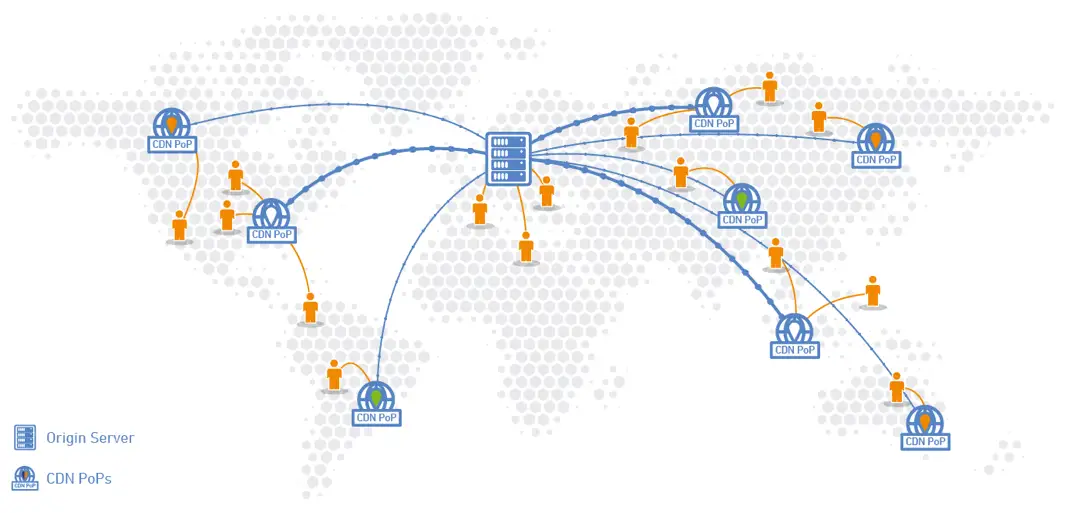
6. Use a Content Delivery Network
A content delivery network, or CDN, is a network of servers that delivers content to your visitors. By using a CDN, you can help ensure that your website runs as quickly as possible.
A CDN works by caching your content on servers worldwide and then delivering it to your visitors from the server that’s closest to them. This helps reduce latency and speeds up your website.
There are several great CDN providers available, including Cloudflare and MaxCDN.
7. Optimize your WordPress database
WordPress stores all of your website data in a database. If your database is bloated, it can slow down your website.
How to Optimize Your WordPress Database
There are some ways to optimize your WordPress database. One way is to use the WP-Optimize plugin. This plugin will clean up your database and help speed up your website.
Make sure to delete all transients, post revisions, and spam comments. These are all unnecessary data that can bloat your database and slow down your website.
Another way to optimize your WordPress database is to use the WP-Rocket plugin. This plugin will clean up your database and cache your website and minify your CSS and JavaScript files.
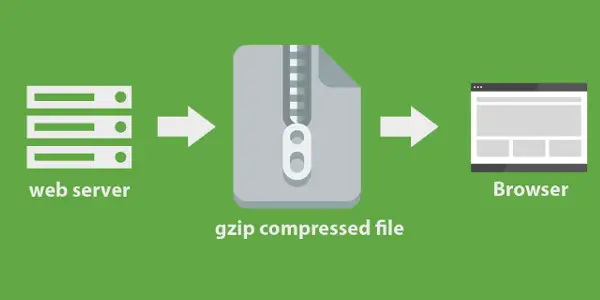
8. Enable gzip compression
Gzip compression is a compression algorithm that can reduce the size of your website’s files by up to 70%. By enabling gzip compression, you can help speed up your website.
Enable GZIP with a WordPress Plugin
A caching or performance optimization plugin is the simplest way to enable GZIP compression on your WordPress site.
WP Rocket and Cache Enabler are two plugins that can help you do this.
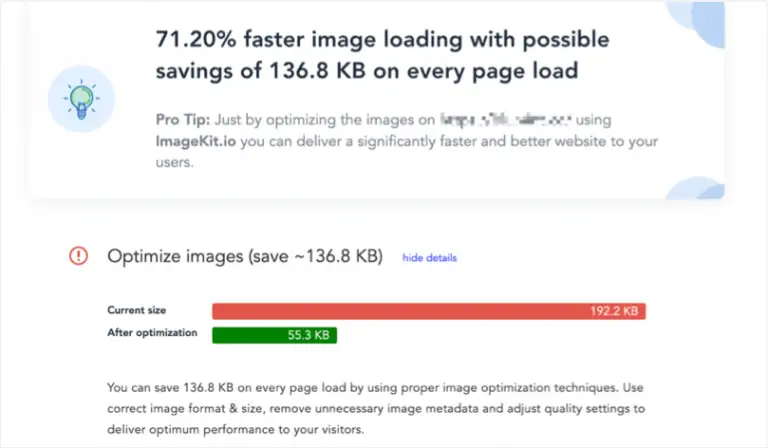
9. Optimize Images
Images are one of the biggest culprits of a slow website. You can help ensure that your website is running as quickly as possible by optimizing your photos.
How to Optimize Images
There are many ways to optimize images. One way is to use the WP-Smush plugin. This plugin will help ensure that your photos are correctly compressed and optimized.
Another way to optimize your images is to use the EWWW Image Optimizer plugin. This plugin will also help ensure that your pictures are correctly compressed and optimized.
Size Your Images Appropriately
It’s also important to size your images appropriately. If you’re using an image that’s too large, it will slow down your website.
Crop and resize your images to the size used on your website. If you’re using an image that’s 1000px by 1000px, but it’s only being displayed as 100px by 100px, then you’re using an image that’s too large.
By properly sizing your images, you’ll reduce file sizes, conserve server resources and decrease page load time.
Both users and search engines will thank you for it!
Learn how to size your WordPress images perfectly in our recent blog article.
11. Invest In Good Web Hosting
Last, but certainly not least, you need to invest in good web hosting. If you’re using a shared host, your website is going to be slow.
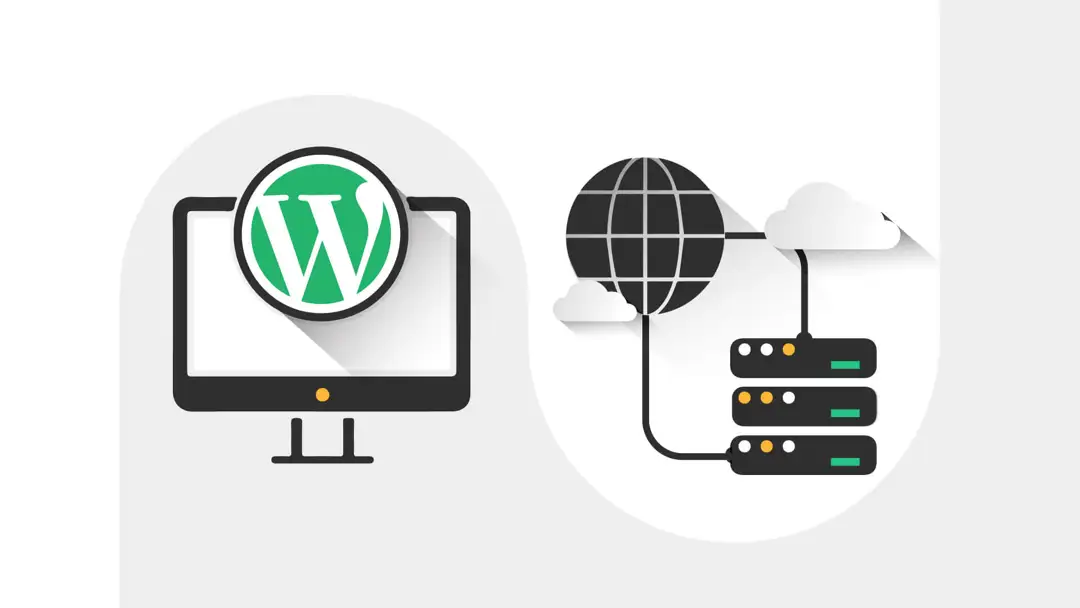
Shared WordPress Hosting vs. Managed WordPress Hosting
Managed WordPress hosting is a bit more expensive than shared WordPress hosting, but it’s worth it. A good managed WordPress host will ensure that your website is always running as quickly as possible.
Some of the best managed WordPress hosts include WP Engine, Flywheel, and Kinsta.
While investing in good web hosting is important, don’t forget that you also need to invest in good WordPress themes and plugins. By investing in quality products, you can help ensure that your website is running as quickly as possible.
12. Hire a Professional
If you’re not comfortable optimizing your website on your own, you can always hire a professional to do it for you. A professional will be able to help you speed up your website and ensure that it’s running as quickly as possible.
That’s where we come in!
BlakSheep Creative is a full-service creative agency that specializes in WordPress websites. We can help you speed up your WordPress website and ensure that it’s running as quickly as possible. Contact us today to learn more about our services!
Case Study
One particular website owner had been struggling to keep up with the competition. His website was slow, and his customers were starting to leave him. He decided to hire BlakSheep Creative to speed up his website.
We were able to help him speed up his website and improve his sales by 80%. Contact us today to learn more about our services!
Why BlakSheep Creative?
We know how important it is for your website to be fast, and we are dedicated to helping you achieve that goal. We have a team of experts who are knowledgeable in WordPress website optimization, and we are always up-to-date on the latest techniques and technologies.
We are passionate about helping you speed up your website, and we will work diligently to get the job done right.
Contact us for a FREE SITE SPEED AUDIT. We’ll run some tests on your website and offer you suggestions on how to make it blazing fast. If you need us to make the changes for you, we can do that too. Get started today!
FAQ
Here are some frequently asked questions about website optimization.
There are many ways to optimize your WordPress website. One way is to use the WPOptimize plugin. This plugin will clean up your database and speed up your website. Another way is to use the WPRocket plugin. This plugin will not only clean up your database but will also cache your website and minify your CSS and JavaScript files.
A caching or performance optimization plugin is the simplest way to enable GZIP compression on your WordPress site. WP Rocket and Cache Enabler are two plugins that can help you do this.
There are many ways to optimize your images. One way is to use the WP-Smush plugin to ensure your images are correctly compressed and optimized. Another is to use the EWWW Image Optimizer plugin.
There are many ways to make your website faster. One way is to use a caching or performance optimization plugin. You can also size your images appropriately and enable gzip compression.
Yes, we can help you speed up your website. We have a team of experts who are knowledgeable in WordPress website optimization, and we are always up-to-date on the latest techniques and technologies. Contact us today to learn more about our services!
You may not need us! Check your site speed using Google’s PageSpeed Insights tool. If your website scores a “good” or “great,” you’re in good shape! But if your website scores a “poor,” we can help you speed it up.
Let’s make sure you need to hire us first!
We offer a free website speed audit. This audit will help you determine whether or not you need our help speeding up your website. If you need our help, we offer competitive rates, and we will work with you to find a solution that fits your budget.
Contact us today to learn more about our services!
